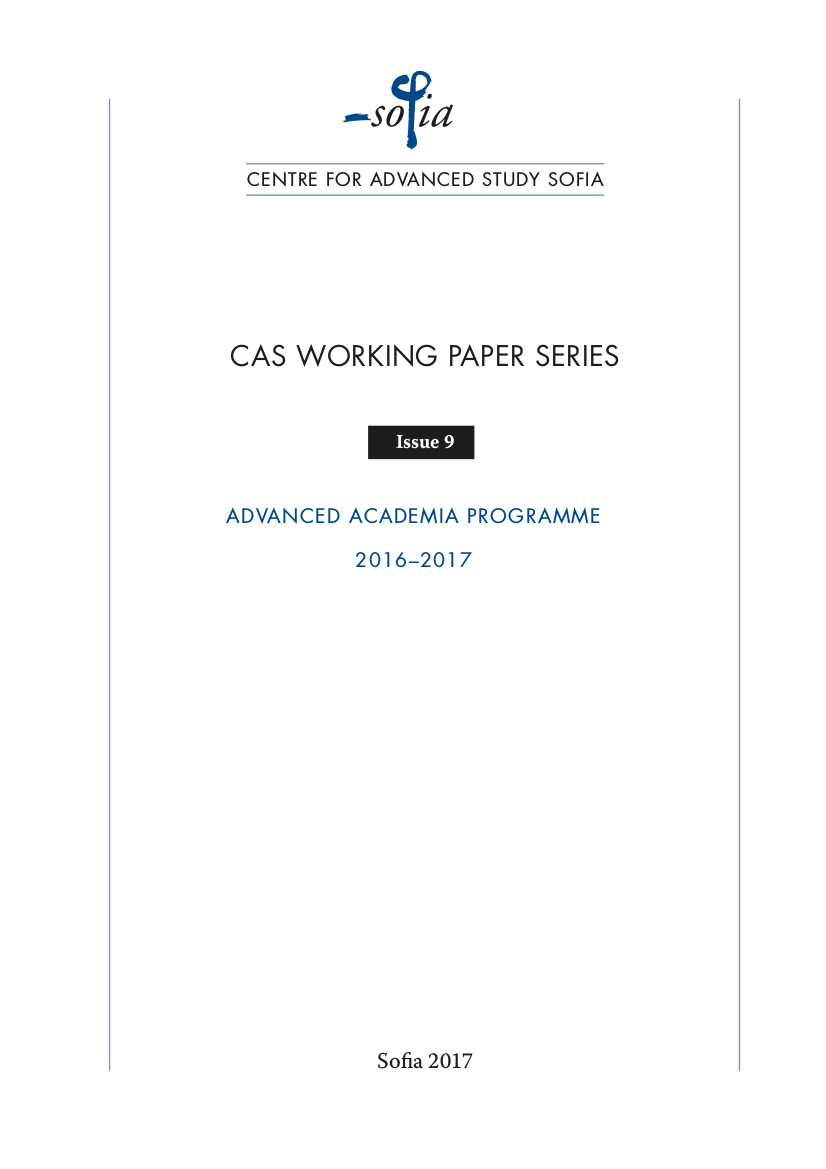Landscape, Law and Memory: Forging the Local Tradition and the Perambulation of Boundaries in the Kingdom of Poland during the 15th and 16th Centuries
Landscape, Law and Memory: Forging the Local Tradition and the Perambulation of Boundaries in the Kingdom of Poland during the 15th and 16th Centuries
Author(s): Jurіj ZazuljakSubject(s): 6th to 12th Centuries, 15th Century
Published by: Centre for Advanced Study Sofia (CAS)
Keywords: perambulation; elders; noblemen; boundary markers; sub-chamberlain; Galicia; Kingdom of Poland
Summary/Abstract: The paper deals with the perambulations of land estates and disputes over the boundaries of the village communities and noble estates in the Kingdom of Poland during the 15th and 16th centuries. It investigates the perambulations of estate boundaries as a complex process of conceiving of and transforming the physical space through the procedures and norms of law, and to highlight the role they played in forging and reshaping the local tradition.In spatial terms the project will focus on Galicia, known also as Red Ruthenia or Halych Rus'. This historical region constitutes the territory of the present-day south-eastern Poland and western Ukraine. Since the forties of the fourteen century Galicia was under the control of the kings of the Piast, Anjou and Jagiellonian dynasties.This study starts with an outline of the legislation regulating the boundary law in the Kingdom of Poland in the 14th–16th centuries. It also introduces readers to the emergence and spread of the concept of linear boundaries of estates and villages in late medieval Halych Rus’ as well as to interrelations between the practice of perambulation and the consolidation of the nobility’s rights of lordship in that period. It further provides a short overview of the local officials endowed with the power to conduct perambulations. The main focus of the analysis is on the interplay of literacy and oral communication in the perambulations, and its influence on the process of constituting and reshaping local traditions. It has sought to demonstrate how various forms of the local knowledge, which were transmitted through oral communication, were not only exploited, but also adjusted and reshaped due to the complex influence of the institutions and practices of law, lordship and royal governance, based on the new kind of pragmatic and administrative literacy which became widespread in the Kingdom of Poland during the 15th and 16th centuries. The paper further explores how the attempts at accommodating and reshaping the local tradition by means of institutional practices like perambulations were marked by their own inconsistencies and ambivalence. Finally, it highlights how “the game of tradition”, as Gadi Algazi puts it, in which the perambulations were implicated through the procedures of adjudicating, erecting markers, and record-making, was inextricably interwoven with and affected by the public enactment of the written record as well as by the complex process of dispute settlement.
Journal: CAS Sofia Working Paper Series
- Issue Year: 2017
- Issue No: 9
- Page Range: 1-59
- Page Count: 59
- Language: English

